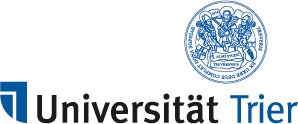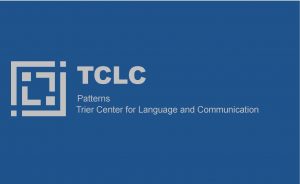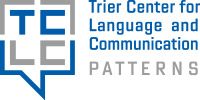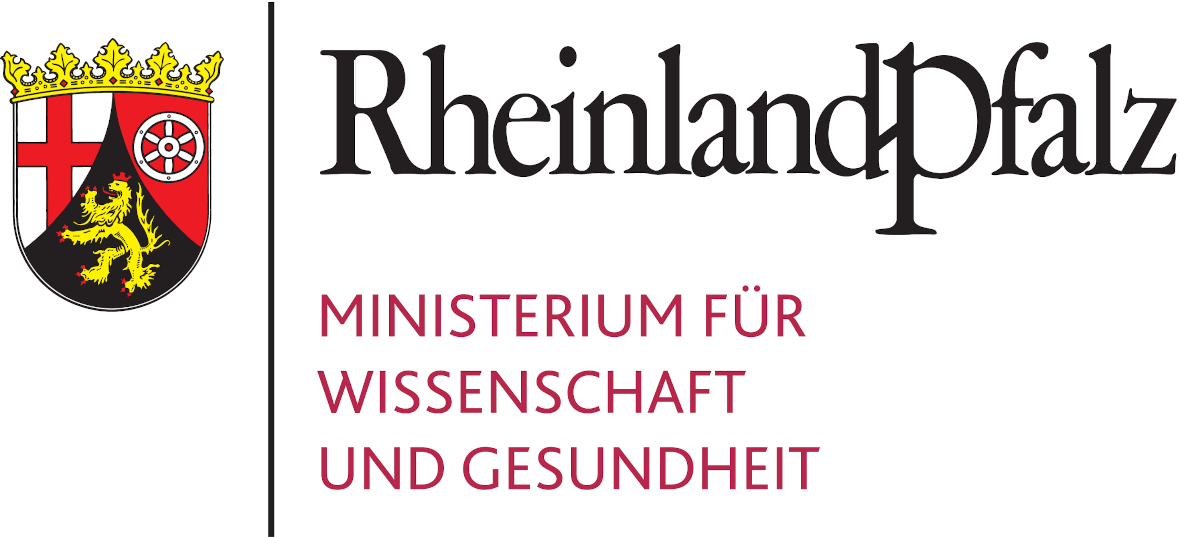Workshop: English Corpus Phonetics and Phonology at ICAME (digital version)
Wednesday 20.05.2020
Convenors: Sabine Arndt-Lappe, Sebastian Hoffmann, Lina Baldus
arndtlappe@uni-trier.de, hoffmann@uni-trier.de, baldus@uni-trier.de
Venue: The meeting will take place via Zoom, hosted by Trier University
How to join the meeting:
Workshop participants can join using the following link:
https://uni-trier.zoom.us/j/97783817627
or by entering the following Meeting ID in their Zoom client:
Meeting ID: 977 8381 7627
The meeting is password protected. Participants will receive the password by e‑mail.
Guests are welcome to join depending on numbers and availability of
bandwidth. Registration via e‑mail is obligatory – please use the following address to register:
scheuer.anglistik@uni-trier.de (Andrea Scheuer, secretary to Sabine Arndt-Lappe)
Workshop Programme
9:30 |
Opening of Zoom meeting site, so that participants can enter the meeting |
10:0010:15 |
Introduction |
10:1511:00 |
Jane Stuart-Smith (University of Glasgow), What can corpus phonetics tell us about English phonology? (invited speaker) [abstract] |
11:0011:30 |
Peter Uhrig (Universität Leipzig): Corpus-linguistic methods for improving the lexicographic treatment of pronunciation variants [abstract] |
11:3013:00 |
Lunch Break |
13:0013:30 |
Nele Põldvere, Victoria Johansson & Carita Paradis (Lund University): |
13:3014:00 |
Ulrike Gut, Ole Schützler, Zeyu Li & Jenny Herzky (WWU Münster, Universität Bamberg): |
14:0014:30 |
Jose A. Mompeán (University of Murcia): Bringing back the past. Towards a diachronic corpus of Spoken English [abstract] |
14:3015:00 |
Break |
15:0015:30 |
Małgorzata Kul (Adam Mickiewicz University): Towards modelling yod coalescence in American English [abstract] |
15:3016:15 |
Ingo Plag (HHU Düsseldorf), Authentic speech data and linguistic theory: chances and challenges (invited speaker) [abstract] |
16:1516:30 |
Conclusion |
One presentation will be available as a screencast:
Claudia Lehmann (Universität Bremen): Using multimodal corpora to study the ironic tone of voice: opportunities and challenges [abstract]




